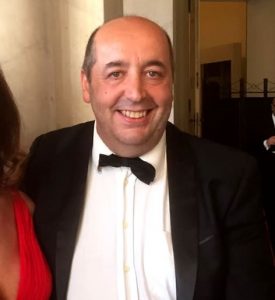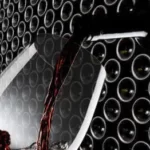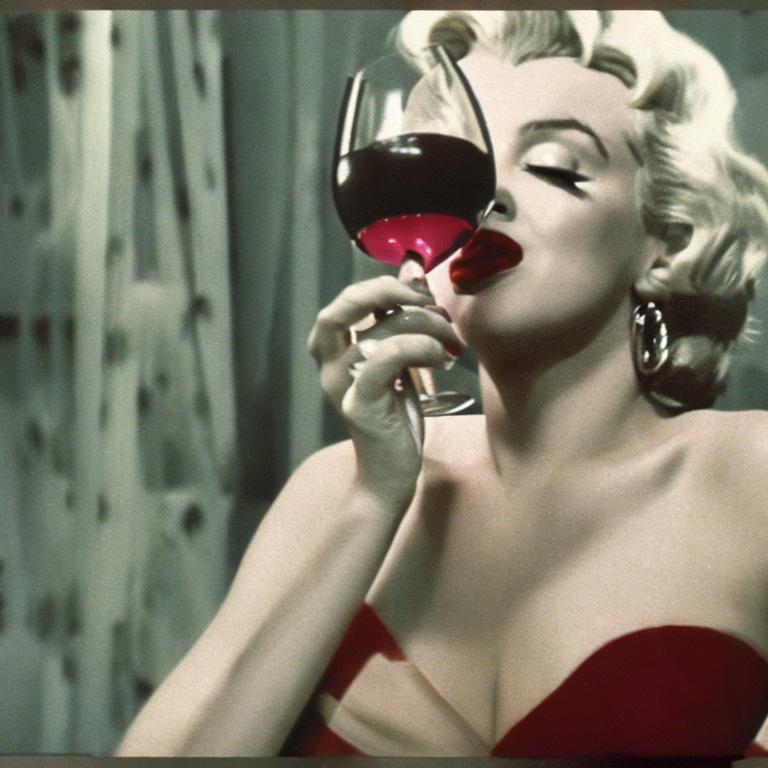Il grande filosofo tedesco vissuto ha cavallo tra il 1700 e 1800 , il suo piacere per il vino ci fa capire anche cosa si beveva in Europa, Germania, Italia, Francia, impero Austro-ungarico, dalla biografia di Hegel scritta dal professore Klaus Vieweg, emerito professore che ha insegnato per moltissimo tempo filosofia all’Università di Jena, in questo prestigioso ateneo della Turingia si impose l’ importante corrente filosofica dell’idealismo.
Il filosofo Hegel passeggiava per le piccole vie di Tubinga (Germania) e non si atteneva al coprifuoco che vigeva in quel periodo, accettò il posto di tutore a Francoforte dal banchiere e commerciante di vino Gogel.
Il filosofo tedesco spendeva molti soldi nell’acquisto del vino, per lui il nettare del Dio Bacco era fonte di ispirazione letteraria e di meditazione filosofica e nelle città in cui lui visse si sa tutto del vino che lui beveva e delle locande che frequentava .
Il pensiero fondamentale della filosofia di Hegel è il Geist, lo spirito che può essere interpretato anche in senso etilico, lui attraverso il cosi detto spirito del vino riuscì ad elaborare la sua filosofia.
Per Hegel il vino era un nettare divino , dorato, limpido ed infuocato quindi vitale per riuscire a capire il pensiero e il mondo, lo spirito hegeliano si immedesima nella bottiglia e attraverso esso estrinseca il massimo della sua filosofia.
Il filosofo tedesco beveva soprattutto i vini del Sacro Romano Impero in particolare della zona del Reno, oggi questa zona è molto importante : vino dal Palatinato (Pfalz), “Vino della Mosella”(“Moselwein,”Mosel), Vino dal Baden.
Quando andava in Grecia il grande filosofo tedesco optava per il seguente vino: Vino da Samos; invece quando visitava la Spagna Hegel beveva : Vino da Malaga.
Quando si recava in Austria sorseggiava con dovizia scientifica il vino: Vino austriaco da Nubdorf, un paese vicino a Vienna, zona famosa per le sue cantine, invece quando il sublime filosofo si spostò in Francia Hegel assaggiò i seguenti vini francesi: Vino dalla Marna (Valle della Marna, famosa per lo champagne), Vino dalla Borgogna, Vino di Bordeaux (si parla con precisione dell’annata 1779).
Altri vini che il sommo filosofo consumava in Germania : Wurzburger Steinwein (vino di roccia di Wurzburg ), vino bianco della Franconia (Franken, in giallo), che attinge il nome dal suolo calcareo e ricco di fossili del grande vigneto ; il vino Wurzburger Steinhegelwein è il vigneto più diffuso in Germania (quarto produttore di vino).
Aveva un grande amore per il Riesling e Gewurztraminer del Palatinato (Pfalz), per il Chasselas (assomiglia leggermente allo Champagne)è un vitigno che nasce in Svizzera, si ottiene un ottimo vino bianco.
Il grande filosofo prediligeva diversi vini francesi: il Malbec di Cahors, vino bianco francese, il Bordeaux di Medoc, il Haut Sauterne il vino botritizzato dalla Francia; un altro vino preferito dal grande filosofo Hegel è stato il vino rosso Lacryma Cristi, il “vino del Vesuvio”, oggi questo vino lo troviamo anche bianco.
Questo vino fu bevuto da Hegel ,quando fu nominato a rettore dell’Università Friedrich-Wilhelms di Berlino nel 1829, questo vino proveniva direttamente da Pompei, il legame che aveva con questo vino il Lacryma Cristi fu il suo rapporto che aveva con la religione cattolica, certamente ostile, infatti nel suo discorso di insediamento il filosofo fa dell’ironia pungente sul nome di questo vino che richiamava l’aspetto spirituale e religioso.

Autore: Principe Don Roberto d’Amato, Dottore in Giurisprudenza, Dottore in Scienze politiche ed economiche e sociali, Dottore in storia.





